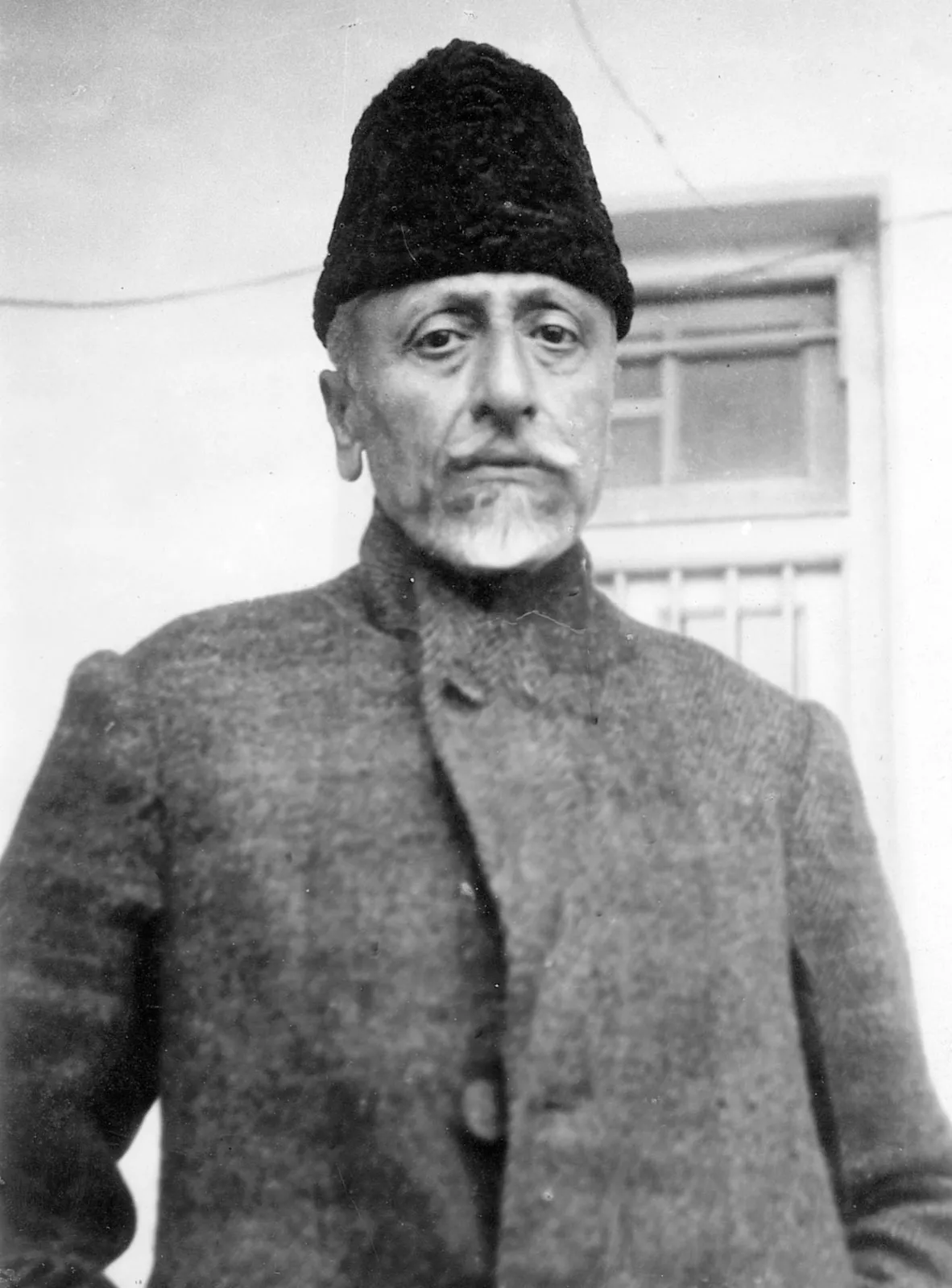
Maulana Abul Kalam Azad: The Visionary Leader of India’s Freedom Struggle
Maulana Abul Kalam Azad, a towering figure in India’s struggle for independence, was not only a prolific scholar and orator but also a visionary leader who played a pivotal role in shaping the course of Indian history. Born on November 11, 1888, in Mecca, Saudi Arabia, Azad’s life was marked by a relentless pursuit of knowledge, a deep commitment to secularism, and an unwavering dedication to the cause of freedom.
Azad’s early years were characterized by a thirst for learning and a passion for social reform. Raised in a devout Muslim family, he received a traditional Islamic education but was also exposed to modern ideas and philosophies. His father, Maulana Khairuddin, played a significant role in shaping his intellectual development, instilling in him a sense of social responsibility and a commitment to serving humanity.
At the age of twelve, Azad moved to Calcutta (now Kolkata) with his family, where he immersed himself in the vibrant intellectual and political milieu of the city. He quickly established himself as a leading voice of the Indian nationalist movement, advocating for the unity of Hindus and Muslims in the struggle against British colonial rule.
Azad’s tenure as the youngest president of the Indian National Congress in 1923 marked a turning point in his political career. As a staunch advocate of Hindu-Muslim unity, he worked tirelessly to bridge the communal divide and foster a spirit of inclusivity within the national movement. His famous declaration that “Hindus and Muslims are the two eyes of India” underscored his commitment to secularism and pluralism.
Azad’s contributions to the Indian freedom struggle were not limited to his political leadership. As a prolific writer and journalist, he used his pen as a powerful weapon against colonial oppression, articulating his vision of a free and united India through his writings. His seminal work, “India Wins Freedom,” remains a timeless testament to his unwavering commitment to the cause of independence.
Despite facing numerous challenges and setbacks, Azad remained resolute in his pursuit of freedom for his beloved country. He was imprisoned several times by the British authorities for his nationalist activities but emerged from each ordeal with renewed vigor and determination. His unwavering courage and steadfast commitment to his principles earned him the admiration and respect of millions of Indians across the country.
Azad’s role in the post-independence period was equally significant. As India’s first Minister of Education, he played a key role in laying the foundations of the country’s education system, emphasizing the importance of secularism, scientific temper, and cultural pluralism. His efforts to promote universal education and scientific inquiry continue to shape India’s educational policies to this day.
In addition to his contributions to nation-building, Azad was also a staunch advocate of peace and reconciliation. He played a leading role in fostering friendly relations between India and its neighbors, particularly Pakistan, despite the bitter legacy of partition. His vision of a South Asia united by common values and shared aspirations remains as relevant today as it was during his lifetime.
In conclusion, Maulana Abul Kalam Azad’s life and legacy stand as a shining example of courage, integrity, and leadership. His unwavering commitment to secularism, pluralism, and social justice continues to inspire generations of Indians in their quest for a more inclusive and equitable society. As we commemorate his memory, let us reaffirm our commitment to the values for which he stood and strive to build a better, more harmonious world for future generations.










